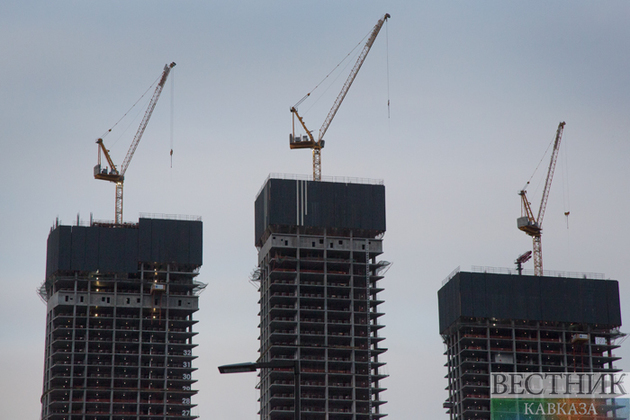Despite a slew of measures to boost demand and the end of Covid Zero, Chinese residents remain reluctant to commit their savings to a sector that’s seen its worst downturn. That’s prompting analysts to expect more policy support coming out of the National People’s Congress this month, as Beijing refocuses its attention to economic growth.
In order to stabilize the economy, authorities will likely reaffirm support for first-time homebuyers and those who wish to upgrade. This paves the way for more policy easing around the national congress,
- Xu Yuejin, an associate director at China Index Holdings.
In addition to measures at the annual parliamentary gathering, Xu said he expects more big cities to loosen restrictions on housing purchases, albeit in the less important districts.
Here are five metrics that take the temperature of China’s real estate market, gauging the state of homebuyer demand, according to Bloomberg.
Second-Hand Market
More Chinese residents are checking out second-hand homes, with viewing rates at their best since at least September 2021, according to alternative data provider Sandalwood Advisors, which tracks the metric via a real estate platform in China. In the biggest cities, including Shenzhen and Shanghai, about 178,000 visits were paid to existing homes per week on average in February, jumping 86% from November when China was still in lockdown. Interest also picked up in tier-2 cities, mostly regional hubs.
With such a sharp rebound in second-hand home viewing, our house view is that will lead to a good rebound in home sales in the coming months,
-Agnes Xu, co-founder and head of research at Sandalwood.
That said, the viewings are not all translating into purchases.
Although the numbers look stronger than expected, we think we need to see more evidence before concluding that the property market is resuming its upward trend. Overall, Chinese homebuyers’ confidence is still very fragile,
- Raymond Cheng, head of China and Hong Kong research at CGS-CIMB Securities.
New Homes
Interest in new homes is also bouncing back after the Lunar New Year holiday, according to an index by property agency Centaline Group. For every 100 new units, an average of 63 prospective buyers viewed them in the third week of February, the most since mid-2021. That may benefit cash-strapped developers in the run-up to a traditionally quick season of sales in March and April. Builders have scaled back on discounts, and may increase supply this month, according to China Real Estate Information Corp.
Sales mostly hinge on residents’ ability to generate income after the economy goes back to normal. Business activity could improve in the next few months, but it will likely be a “gradual process,
- Zhiwei Zhang, president and chief economist of Pinpoint Asset Management.
More Transactions
In Shenzhen, where housing affordability is the worst in China, existing-home transactions have warmed up since mid-February. There were two days where the city saw more than 150 units transacted, a threshold untouched since at least October, according to official data by the city’s housing bureau.
New Sales Fluctuate
The purchase rate of new homes across the country, however, remains unstable. Only about a third of units offered were sold on debut, halving from a peak in mid-January, according to Centaline Group data tracking 29 cities.
Fear of Leverage
The nation’s outstanding mortgages rose only 1.2% last year, a sharp slowdown from 11%-plus growth at the end of 2021. Residential mortgages, which accounted for about 30% of loan books for China’s largest banks as of June, are considered to be among the highest-quality assets.
Weakening expectations over property prices may prompt households to continue deleveraging,
- Michelle Lam, Greater China economist at Societe Generale SA.






